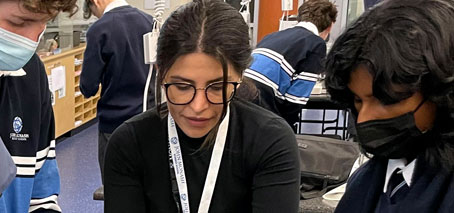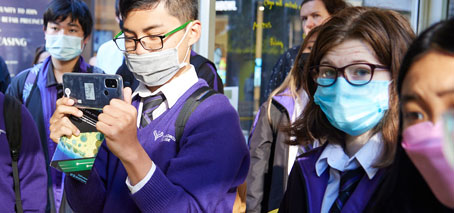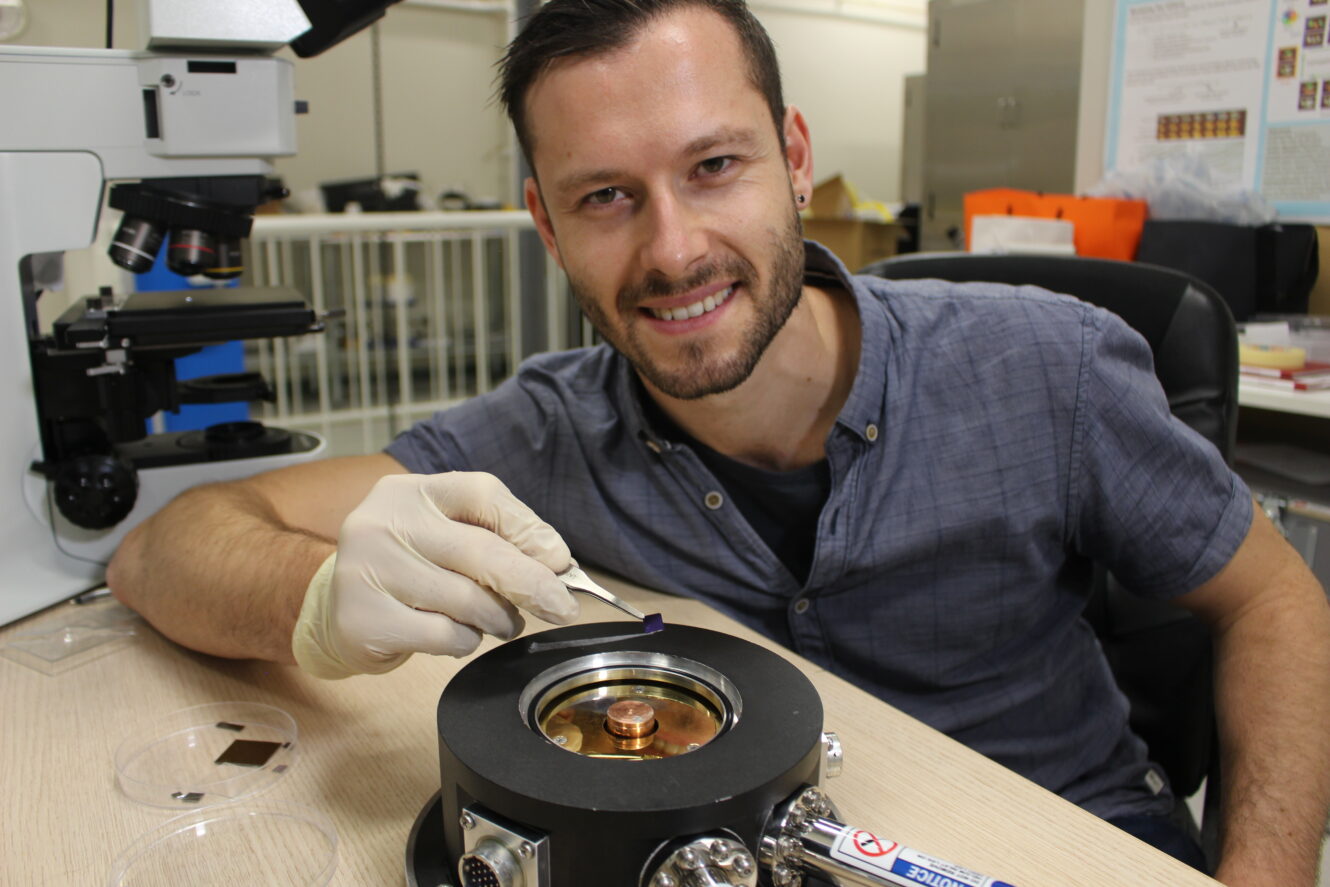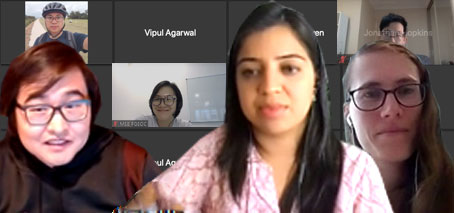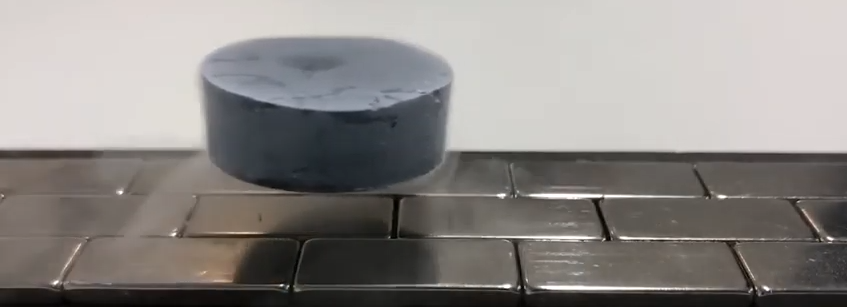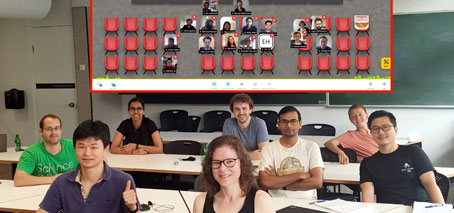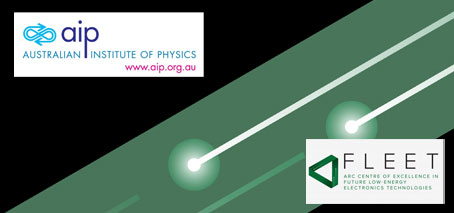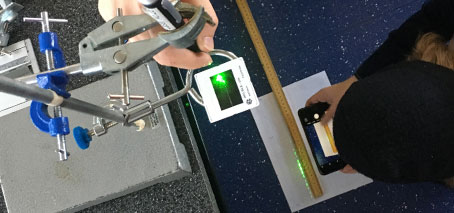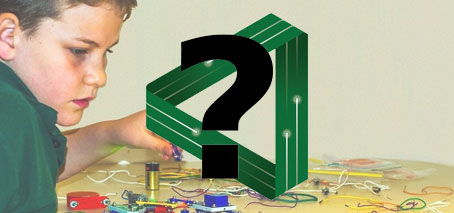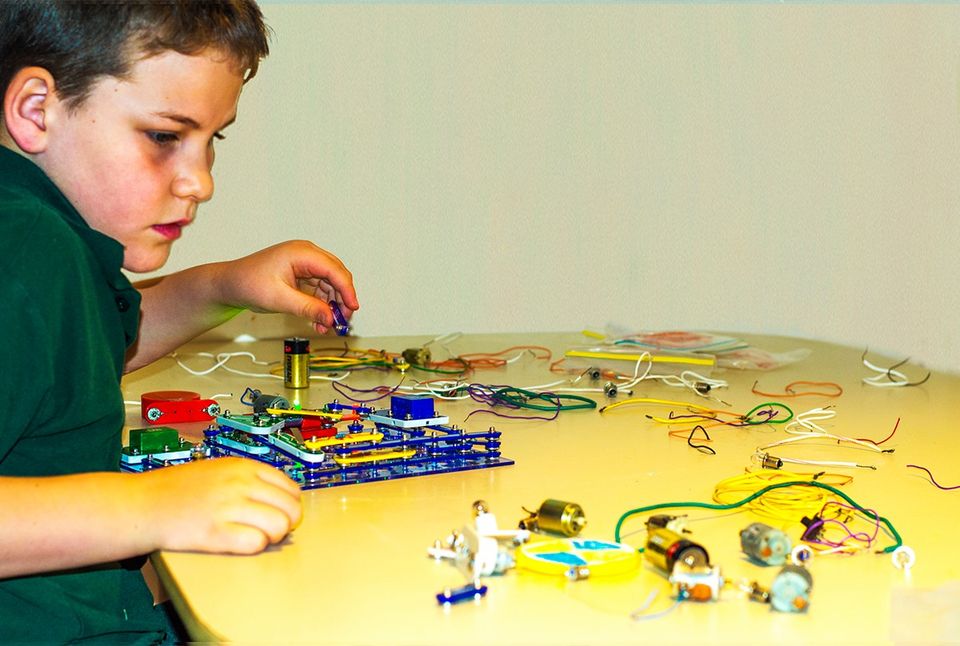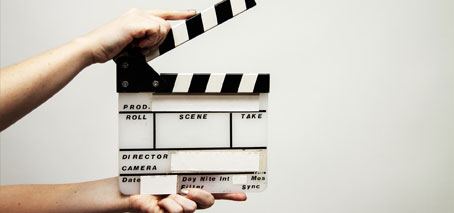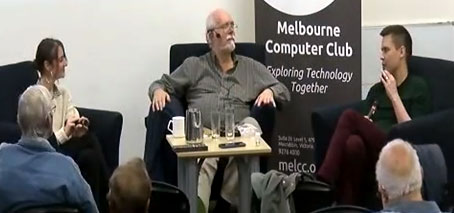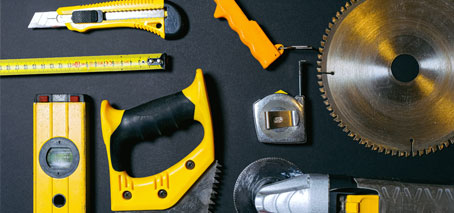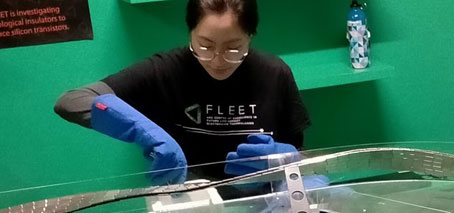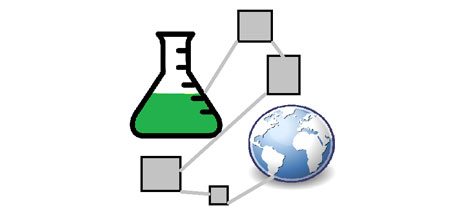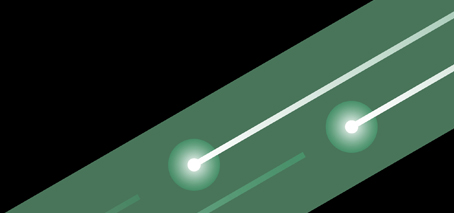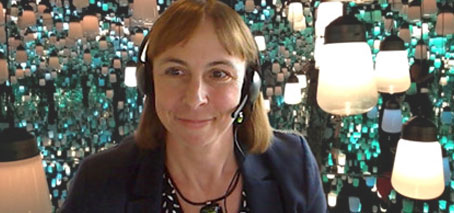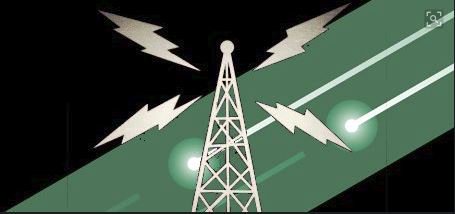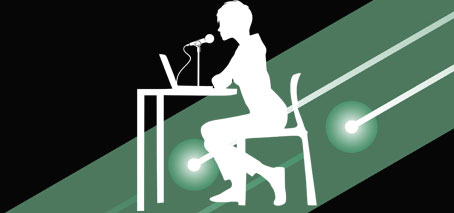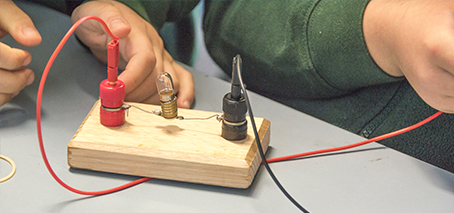Nobel-winning material science in the classroom Gol Akhgar and Julie Karel (Monash) this month demonstrated graphene exfoliation with scotch-tape in the class, explaining the role of 2D materials in future beyond-CMOS electronics. The lesson is part of FLEET’s ongoing year-10 future electronics unit at John Monash Science School, which builds up from atomic/quantum fundamentals to transistor functions, logic circuits and …
Melbourne Knowledge Week 2022
Over the course of Melbourne Knowledge Week last week FLEET volunteers engaged with around 300 visiting members of the public, talking about FLEET’s mission to ensure a sustainable future for computing, with some fun props to demonstrate electromagnetic forces and the role of quantum materials such as superconductors. The bright yellow sustainable computers stall at the new MKW festival hub …
Matthias Wurdack off to Lindau Nobel meeting
FLEET’s research fellow Matthias Wurdack has been chosen to represent Australia at the annual Lindau Nobel Laureate Meeting this year. Matthias will be among six early-career Australian scientists attending the 71th Meeting of Nobel Laureates in Lindau, Germany, 26 June – 1 July 2022. The 71th Lindau Nobel Laureate Meeting will be dedicated to chemistry, expected to be attended by around …
National Science Quiz
What’s next after graduation? UNSW careers panel
Post-grad job hunting, perfecting the resume, and how to handle pre-interview nerves An expert panel ran through issues of importance to PhD and Masters graduates at UNSW this month, answering the questions at top of mind for ECRs towards the end of study, as they prepare to start looking for graduate positions for the first time. The event was organised …
FLEET Outreach
Idea Factory 2021
The 2021 Idea Factory challenged 36 early career researchers to write more effective grant applications, and learn to effectively communicate the value of their research to varied audiences. The workshop concentrated on developing researchers’ ability to pitch their research – and get funded, primarily: improving grant writing skills and confidence, customising grants for different funding bodies distilling key messages about …
Presenting a feast of FLEET science
There will be a feast of FLEET science in show at the Australian Institute of Physics Summer Meeting (this coming week, 6–9 December) at QUT in Brisbane, with parallel online delivery. The summer meeting will see plenary and keynote talks by FLEET’s Michael Fuhrer, Dimi Culcer and Kirrily Rule, with over 30 presentations by Centre members across six universities. FLEET …
Students confirm benefits of FLEET future-computing unit
Surveying and student interviews confirms success of future computing unit in encouraging girls/other students in physics Over the last three years FLEET has helped put ninety Year 10 students through a ‘Future electronics’ unit, in partnership with John Monash Science School (JMSS). As well as covering semiconductors, Moore’s Law and computing, the course introduces quantum physics at an intuitive level …
Ask a physicist
–Are hover boards real? –What’s lightning? –Can we time travel? –Can I predict where a rainbow will form? –What is electricity, and who were the first electricians? Introducing FLEET’s new “Ask a physicist” page, where we’re encouraging schoolkids, parents and others to ask their hardest, most-baffling questions and we’ll answer them (or, we’ll find a FLEET member who can). We’d …
Resources to build professional skills, for PhDs and others
Developing transferable skills is vital for scientists at all career stages, but most particularly for PhDs and early-career researchers, to maximise their options inside and outside of academia. A team from across FLEET started the following list of resources, which are available for scientists to improve their skills… Thanks to Gol Akhgar and Semonti Bhattacharyya (Monash) Matthias Wurdack (ANU) and …
Making metal stuff fly, levitation and the potential of superconductors
FLEET Schools
Video explainers for 3MT
Tackling the next climate crisis with polariton superfluids, chocolate bars, ultra-fast laser pulses and chaotic gardening… FLEET’s Rishabh Mishra (Swinburne), Mitko Oldfield and Alex Nguyen (both at Monash University) have recently recorded explanations of their PhD research, submitted for the 2021 national Three Minute Thesis competition. Mitko Oldfield (School of Physics and Astronomy) explains his studies of polariton superfluids, with …
Engaging with end-users: Meeting the Melbourne Computer Club
What is the future of computing? As Moore’s law is approaching an end, new technologies are required to enable further advances in computational speed and energy-efficient data processing. As transistors took their first baby-steps over half a century ago, the next generation of electronic switches are being born today. Engaging with the Melbourne computing and electronics community in a ‘fireside …
Tools of the Trade: Iolanda Di Bernardo explains XPS depth profiling for Nature series
X- ray photoelectron spectroscopy (XPS) is used for material characterization, providing quantitative information on the chemical composition of materials by identifying the type of elements that are present (nowadays, with a detection limit in the range of one part per thousand). XPS also allows the identification of the chemical state of the elements – such as the types of bonds …
Tools of the Trade: Eli Estrecho explains laser trapping for Nature series
A ‘pumped’ laser can be used to trap and manipulate an exciton-polariton condensate. These quantum fluids, which can behave as a resistanceless superfluid in certain conditions, need continuous replenishing, with the pumping laser supplying both a reservoir of electrons and confining force. “The pumping laser can trap the quantum fluid as the particles are repelled from the pump region, similarly …
Engaging public conversations at Melbourne Knowledge Week
Melbourne Knowledge Week (26 April-2 May 2021) was an opportunity for FLEET to engage with over 350 members of the public about the exciting future of computing, and the vital role of energy-efficient electronics in that future. FLEET’s sustainable computing booth ran for the full week at the festival hub, with hands-on science demonstrations linked to materials used in FLEET …
FLEET reps at Science meets Parliament
FLEET had four researchers at STA’s annual Science Meets Parliament, which was fully online in 2021, other than regional gala dinners. Participants heard from a diverse mix of Australia’s top scientists, including Chief Scientist Cathy Foley and Chief Defence Scientist Tanya Monro. FLEET’s four ECR delegates—Eli Estrecho (ANU), Peggy (Qi) Zhang (UNSW), Gary Beane (Monash) and Harley Scammell (UNSW)—were introduced …
Maintaining international links in the absence of international travel
US–Australian transpacific condensed-matter talks The temporary halt in international visits that traditionally spark and fuel research collaborations in 2020 pushed FLEET to find new ways to connect. Some positives have surfaced amid the negative impacts of Covid-19 travel bans on science collaboration, including the expansion in videoconferencing allowing researchers from geographically isolated regions to connect. Together with Centre partners at …
Building future science leaders in 2020
FLEET ensures that our young researchers are prepared for future success – wherever their career takes them. The Centre currently supports 64 higher degree by research (HDR) students and 45 postdoctoral researchers with another 21 research affiliates working on FLEET projects and invited to Centre training, workshops and events. FLEET connects its researchers with internal and international networks, for example, …
Monthly talks bring Australian research to the physics community
A series of talks spotlights leading Australian physics research for the physics community. Co-organised by FLEET and the Australian Institute of Physics, the series throws the spotlight on a different Australian Research Council Centre of Excellence each month, with AIP members and others in the physics community dialing in over zoom to hear about leading Australian research. To date, over …
Skilling up our people in 2020: research impact and industry engagement
—Who would be interested in my research? Who would benefit from it the most? —How can I pursue high-impact research? —How does research translation work? —If I’ve developed some cool intellectual property, where would I start with industry engagement? —How do I effectively ‘sell’ the value of my research in an award application/grant/job interview? While researchers are typically familiar with …
FLEET heading to Melbourne Knowledge Week
Melbourne Knowledge Week (26 April-2 May 2021) will be an opportunity for FLEET to engage with the public about the exciting future of computing, and the vital role of energy-efficient electronics in that future. FLEET’s sustainable computing booth will run for the full week at the festival hub, with hands-on science demonstrations linked to materials used in FLEET research, such …
Online format is easy, enjoyable engaging: SMP 2021
This years’ Science Meets Parliament 2021 transitioned to a mostly virtual event and I must admit, I enjoyed this format thoroughly. The format involved shorter sessions scheduled throughout March, which made it much easier to attend amongst other work and family commitments. This extended program was in conjunction with 2 full days of focused sessions with seminars on topics such …
FLEET PhDs on the Melbourne airways
Three FLEET PhD students this month featured on popular radio science show Einstein a go-go, on the show’s regular “20 PhDs in 20 minutes” segment. In this format, student and host each get a minute, covering the student’s entire project in just two minutes combined. (Perfect practice for the famous ‘elevator pitch’.) The three FLEET presenters were Alex Nguyen (Monash), Matt …
2020: a challenging year for outreach!
In 2019, after a remarkable achievement in reaching over 10,000 students, FLEET voluntarily raised its outreach target from 200 students to 2000 students, 50 teachers to 75 teachers and 2000 public members to 5000 public members. And then Covid happened … However, despite the unique challenges that Covid imposed on face-to-face outreach, cancelling public events and banning in-class or in-lab …
Engaging senior school students at JMSS in 2020
In 2020, FLEET continued the Year 10 ‘Future electronics’ course launched the year before in partnership with John Monash Science School (JMSS), Victoria. As well as covering the history of semiconductors, Moore’s Law and computing, the course introduces quantum physics at an intuitive level (with minimal maths) and expands on this fundamental understanding to explain complex, useful quantum states such …
Spotlighting ARC physics in 2020
FLEET pushed out the boundary of online talks, collaborating with the Australian Institute of Physics (AIP) to co-host a series of monthly public seminars highlighting Australian physics research. The new series throws the spotlight on a different Australian Research Council Centre of Excellence each month, with AIP members and others in the physics community joining over Zoom to hear about …
Remote outreach that’s also hands-on
FLEET scientists seeking new, creative ways to do science outreach found a silver lining in Covid-19 restrictions: they actually improved the experience for students. A team of FLEET-UNSW PhDs and early-career researchers (ECRs) was able to bridge 2020’s Covid restrictions to safely engage a classroom of students with virtual, but hands-on science. Led by PhD student Vivasha Govinden and node …

